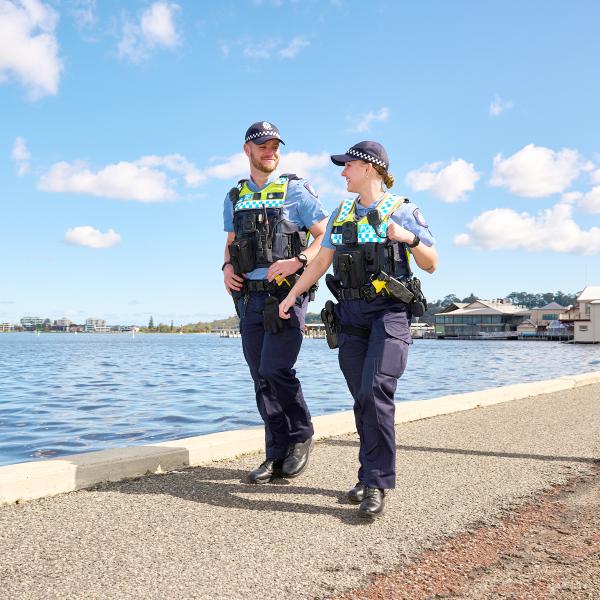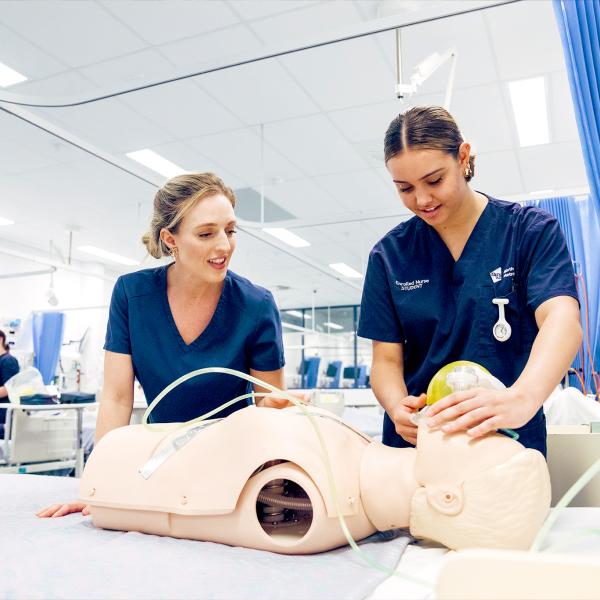
How do I get started
Moving anywhere can be overwhelming. From information on how to connect utilities, to finding a house or a place to rent, here’s a list of 8 things to get you started with your planning your move to Perth or other parts of WA.
1. Research the job opportunities
Start by researching the job opportunities and organisations available here. Make sure your skills and experiences match the requirements. Each type of job will have different skills, experience or qualifications needed, including if you’re transferring your experience and studies from overseas.
Take the time to read about your industry of interest to learn what qualifications you need.
2. Check visa requirements
Find out if you need a visa to work in WA and check the requirements and application process. There are visas available for different situations and requirements.
3. Find a place to live in WA
Finding a place to rent, whether that be a house or an apartment depending on you or your family’s needs, is essential. Start doing your research for a place to live by seeing if it's available and check if it’s near where you plan to work. There are websites to find places to live and rent in WA. Some of the most popular ones include:
Did you know there are jobs which can provide you with accommodation when you move for work? The help is different in each industry, so it’s a good idea to research each industry to see what support is available to help you relocate.
4. Plan your transport
WA is a big state, with the longest coastline(Opens in a new tab/window) in the country so getting around will take some planning.
By land: Research the transportation options available and make plans for how you will get to work. Public transport in WA includes buses, trains, and ferries, which are mainly provided by Transperth and TransWA. This covers major cities and regional areas.
You can plan your journey and find out more about services by visiting the Transperth website(Opens in a new tab/window) and TransWA(Opens in a new tab/window) where you can find maps, timetables, and fare information.
By air: If you don’t want to travel by car, bus or train the other option to get around is flying. You can find out more about the regional airports by visiting the Airports page(Opens in a new tab/window) at Westernuastralia.com.
5. Pack for your move
Start planning and packing for the move by making sure you include essential items for your work, and any personal items you want to bring with you.
For furniture, cars and larger items, remember to do your research and book removalists and relocation services early as it may take some time to move larger items to Western Australia, particularly from overseas.
From relocating pets to household goods, Migration WA(Opens in a new tab/window) have some great checklists to make sure you don’t miss a thing when preparing for your move to WA.
6. Prepare your utilities and services
Look into utilities such as electricity, internet, and other services like banking, and healthcare before you move here. It’s recommended you organise these early, so you have everything available as soon as you arrive at your new home.
Some essentials to get started includes:
- Health care – If you are moving to Australia, you can find everything you need, including how to get health care at Service Australia(Opens in a new tab/window).
- Water: You will need to contact a local water utility company, such as the Water Corporation(Opens in a new tab/window) to start the process.
- Electricity: Contact the main electricity providers in WA, such as Synergy(Opens in a new tab/window) or Horizon Power(Opens in a new tab/window). In regional WA you can contact Horizon Power for most regional centres.
- Gas: To set up gas service, you will research the various providers and contact them. Some include Kleenheat(Opens in a new tab/window), Alinta Energy(Opens in a new tab/window), ENGIE(Opens in a new tab/window) and Origin Energy(Opens in a new tab/window). In regional WA some centres are connected to gas, for others you will need a liquefied petroleum gas (LPG bottles) via Kleenheat, Elgas(Opens in a new tab/window), Origin or Hills Gas Supply(Opens in a new tab/window).
For more information visit building, utilities and essential services in Western Australia(Opens in a new tab/window).
7. Register with national and WA government agencies
There are several national and WA government agencies you will need to register with to make sure you have access to all the necessary services and support. Here’s how to get started:
8. Support payments
You may be able to get income support payments(Opens in a new tab/window) such as Centrelink or Department of Veterans’ Affairs payments depending on your situation. Most of the federal government payments have waiting periods and residency rules. Check what you may be eligible for.
Additional resources

Job opportunities in WA

Advice and resources on applying for jobs in WA
